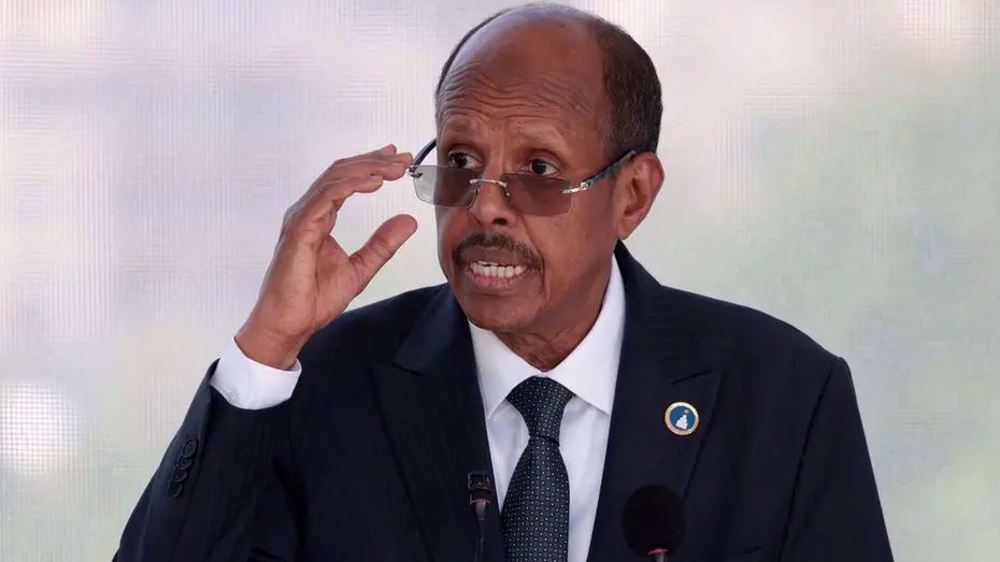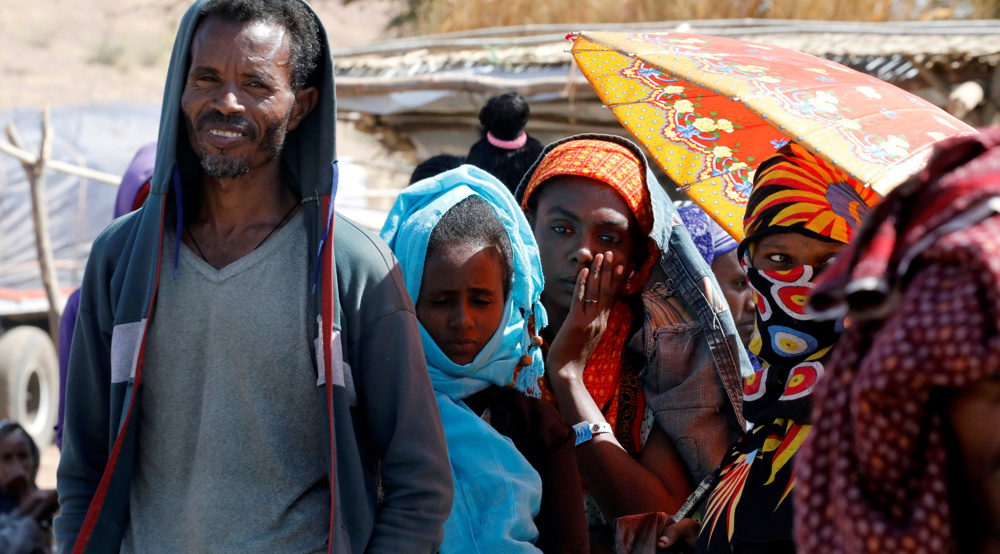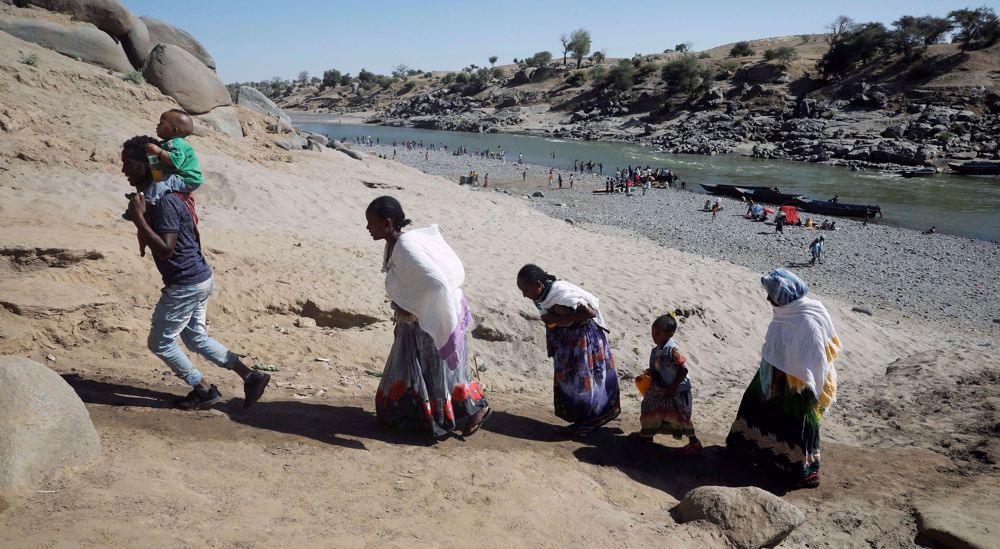Ethiopia conflict 'spiraling out of control,' UN rights chief warns
The UN rights chief voiced deep concern Wednesday over the situation in Ethiopia's northern region of Tigray and beyond, warning it was "spiraling out of control."
"The situation in Ethiopia is, I think, really worrying and volatile," Michelle Bachelet told journalists in Geneva, adding that the conflict was having an "appalling impact on civilians."
Thousands have been killed in fighting that began November 4 between government forces and those loyal to the leadership of the Tigray People's Liberation Front (TPLF).
The fighting was declared over on November 28, but Bachelet voiced alarm that "in the Tigray region itself, fighting is reportedly continuing, in spite of government claims to the contrary."
Bachelet said her office had corroborated information about a range of "gross human rights violations and abuses," including attacks on civilians, looting, abductions and sexual violence.
"There are reports of forced recruitment of Tigrayan youth to fight against their own communities," she said.
The UN High Commissioner for Human Rights said blocked communication in the region was making it particularly difficult to verify all of the allegations her office was receiving.
"There is an urgent need for independent monitoring of the human rights situation in the Tigray region, for all necessary measures to protect civilians, and for accountability for violations," she said.
Bachelet also decried the "deeply distressing" obstacles to humanitarian relief efforts in Tigray.
"In spite of an agreement between the government and the UN, unfettered humanitarian access has not been possible," she said, appealing to the government to "ensure humanitarian access, and to ensure access to water, electricity and other basic needs is restored."
Bachelet also voiced concern about the situation beyond Tigray, pointing to intercommunal violence in recent weeks in other parts of Ethiopia, with reported fatalities.

And she warned that Tigrayans in other parts of the country appeared to be facing "ethnic profiling", including in the capital Addis Ababa.
"We have reports of dismissals from jobs, including in the civil service, harassment of Tigrayan journalists and hate speech against Tigrayans," she said.
"Such discriminatory actions are deeply unjust but are also fostering divisiveness and sowing the seeds for further instability and conflict," she warned, calling on the government to take "immediate measures to halt such discrimination."
Ethiopian PM makes first foreign trip since start of conflict
In a separate development on Wednesday, Ethiopian Prime Minister Abiy Ahmed began a two-day visit to neighboring Kenya, his first official trip since launching military operations against the leaders of the dissident Tigray region last month.
As skirmishes continued in the north of Ethiopia and aid agencies decried the lack of humanitarian access, Abiy travelled south to the border town of Moyale where he and his Kenyan counterpart, President Uhuru Kenyatta, presided over the inauguration of a new border post promising a bonanza in cross-border trade.
The remote market town lies roughly halfway between the Kenyan and Ethiopian capitals -- which are 1,500 kilometres (930 miles) apart -- has no airport and a population of fewer than 40,000.
The two heads of state also presided over the ceremonial opening of a 500km stretch of the highway connecting Nairobi and Addis Ababa.
Periodically, cross-border raids and violence between neighbouring communities has depressed trade and uprooted civilians, as Kenyatta acknowledged.
"We must also work together because we cannot establish economic victory if we are consistently having security challenges," he said.
Soon after Abiy took power in 2018, fighting between ethnic Somalis and Oromos in Moyale killed 21 people, while earlier the same year thousands of Ethiopians fled into Kenya for safety during another spate of violence, that time involving the Ethiopian military.
Abiy said such clashes were now in the past.
"This artificial border... will be dismantled with the new infrastructure... (which) will bring the two families together and tap the potential and opportunities of business and economy," he said.
Abiy made no mention of the crisis in Tigray during his visit to Moyale.
Abiy and Kenyatta also travelled later Wednesday to the Kenyan island of Lamu to inspect a new port that is under construction, also aimed at boosting regional trade.
It is unclear what the second day of Abiy's official visit will entail as no formal program has been released.
(Source: AFP)
The engineering feat behind Iran’s record gas output
VIDEO | Press TV's news headlines
Freedom of speech, right to protest under assault in UK
Border guards seize cache of weapons, ammunition near Iran-Afghanistan border
Grok to power classified programs as Musk's xAI secures deal with Pentagon
Iraqi FM tells US envoy: Government formation ‘internal matter’
Israel killed Gaza aid workers in ‘execution style’ massacre in 2025: Report
Participation shrinks at Israeli arms expo in wake of Gaza genocide: Report
















 This makes it easy to access the Press TV website
This makes it easy to access the Press TV website